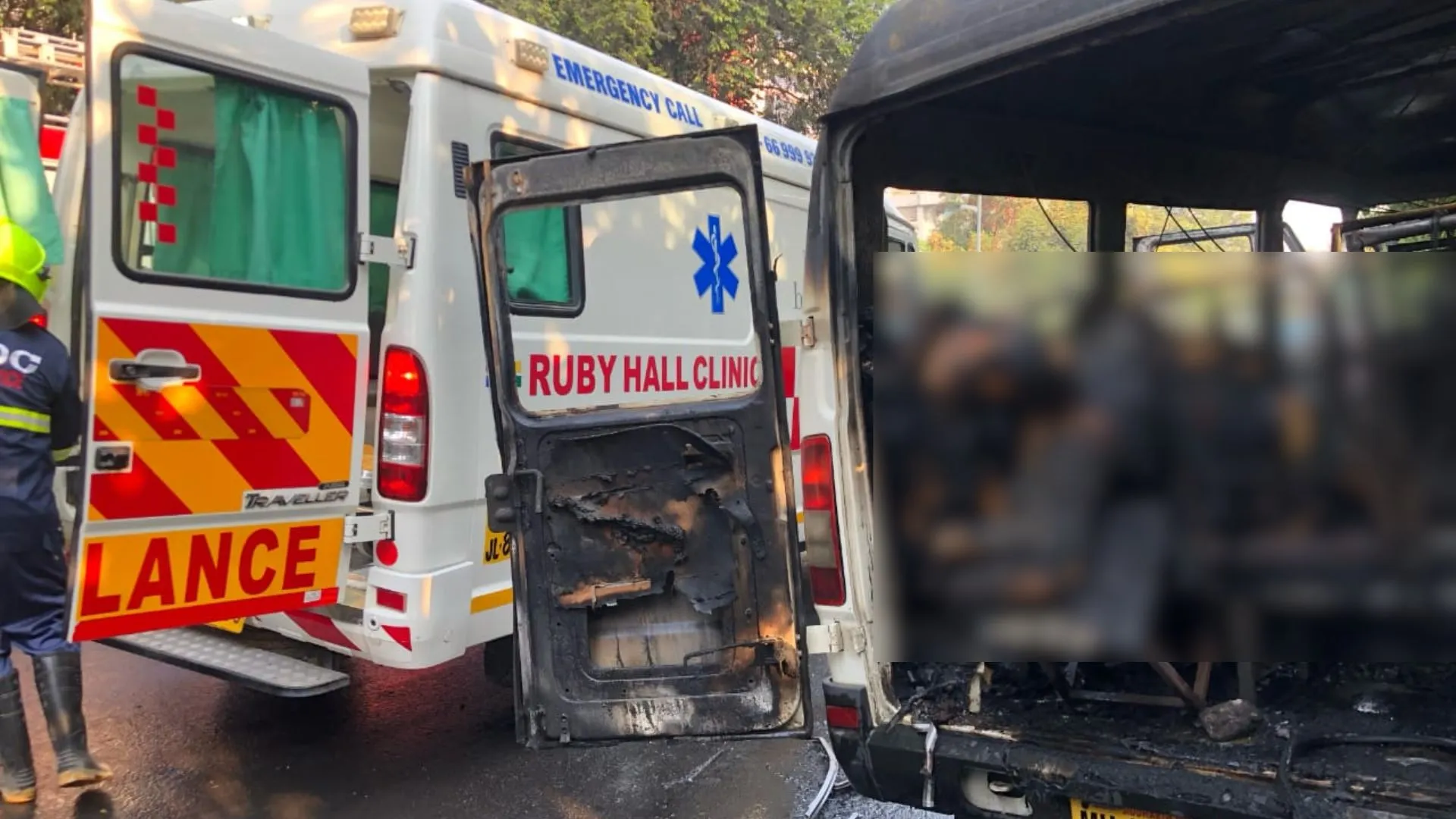On Thursday, Home Minister Amit Shah held a pivotal meeting in Delhi with the top leaders of the BJP-led Mahayuti alliance, including Maharashtra Chief Minister Eknath Shinde and Deputy Chief Ministers Devendra Fadnavis and Ajit Pawar, ahead of Maharashtra elections scheduled for November 20.
The agenda was to negotiate final seat arrangements within the alliance as they prepare to face off against the opposition Maha Vikas Aghadi (MVA) coalition.
Seat-Sharing Consensus Reached
The Mahayuti alliance, which includes the Bharatiya Janata Party (BJP), the Eknath Shinde-led Shiv Sena, and the Ajit Pawar-led Nationalist Congress Party (NCP), has reportedly reached consensus on around 270 of the 288 seats. However, about 15 contentious seats remain, with overlapping claims among the three parties.
In efforts to streamline the process, the meeting marked the second time in a week that Shinde, Fadnavis, and Pawar had gathered in Delhi to discuss seat-sharing.
According to reports, Shah emphasized the importance of merit in allocating seats, urging leaders to look beyond past claims and prioritize candidates with strong electoral potential. Shah’s direction to the leaders is seen as an attempt to unify the coalition and avoid the rebellions that affected the Mahayuti in the recent Lok Sabha elections, where BJP’s seat count fell drastically from 23 to nine.
Resolving Remaining Disputes
To address the unresolved seats, the Mahayuti alliance plans to swap some constituencies, with the BJP expected to relinquish certain seats to the NCP. Meanwhile, Shinde’s Shiv Sena is anticipated to concede a few constituencies that it contested under Uddhav Thackeray in 2019.
However, negotiations remain tense over key constituencies, particularly in the Mumbai and Vidarbha regions.
Some major clashes center around areas such as Ashti, where both BJP and NCP have staked their claims, and seats in Mumbai’s Andheri East, Kalina, and Versova, where both BJP and Sena have fielded multiple candidates. Additionally, a BJP objection to NCP’s potential candidate Nawab Malik in Mankhurd-Shivaji Nagar adds another layer of complexity. Malik, who has been jailed on money laundering charges with alleged connections to underworld figure Dawood Ibrahim, faced vocal opposition from the BJP.
Strengthening Alliance Unity
With the coalition attempting to avoid internal conflicts, Shah urged leaders to unite under a common banner and curb any signs of rebellion. “Since the three parties are contesting the elections together for the first time, there are inevitable clashes,” a source commented, “but it’s crucial to keep these under check to prevent losses like those in the Lok Sabha elections.”
State BJP Chief Ashish Shelar echoed this sentiment, publicly affirming that the party would not support any candidate linked to the underworld, reinforcing the coalition’s stance on ethical integrity.
MVA Steps Up Campaign
Meanwhile, the opposition MVA, composed of Uddhav Thackeray’s Shiv Sena faction, Congress, and the Sharad Pawar-led NCP, has intensified its campaign. Criticizing Uddhav Thackeray’s leadership, Shinde faction leader Sanjay Nirupam suggested that Thackeray’s Shiv Sena was struggling to secure seats within the MVA alliance. With both alliances gearing up, the contest is expected to be intense, as each coalition aims to build a solid base of support before the polls.
The Stakes for Maharashtra
The stakes are high for both the ruling alliance and the opposition. In the 2019 assembly elections, the BJP had won 105 seats, the Shiv Sena 56, and Congress 44. With alliances reshaping Maharashtra’s political landscape, both coalitions are vying to secure majorities. The outcome of this election will play a crucial role in determining Maharashtra’s governance and in setting the tone for the 2024 general elections.
The Maharashtra Assembly elections are scheduled for November 20 across all 288 constituencies, with results expected to be declared on November 23.
ALSO READ: Maharashtra Assembly Elections 2024: PM Modi To Hold Several Rallies























